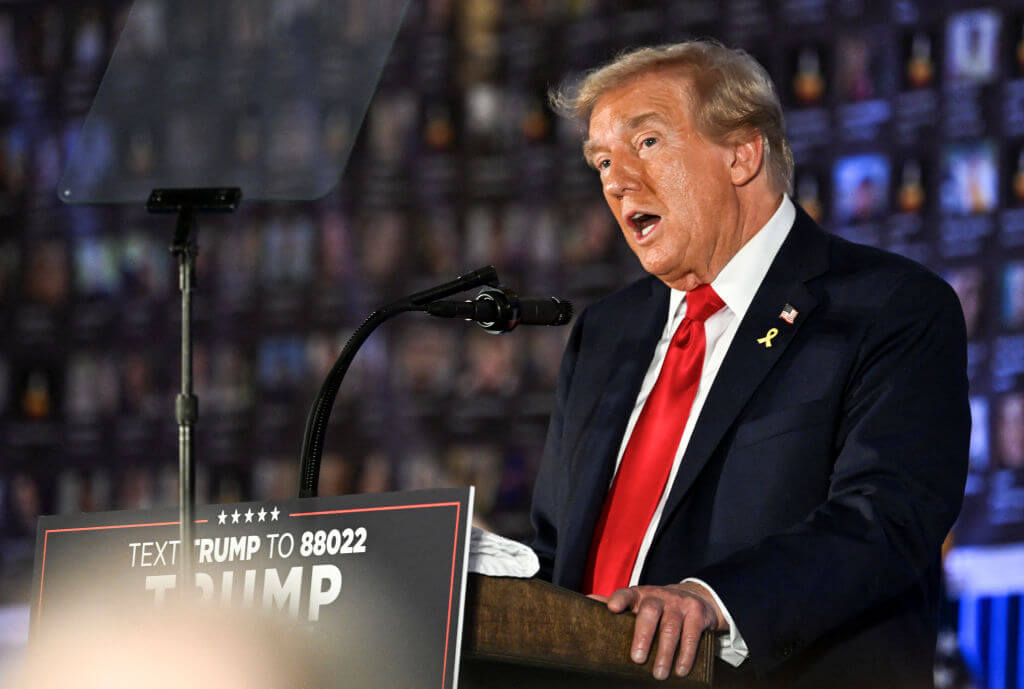Media Moguls Crowd Out Liberal Voices
In the world of media, as in the corporate sector as a whole, the trend is toward the concentration of ownership with ever fewer firms owning and controlling ever greater sectors of the economy. But, in the area of the media, the oligarchy (rule by the few) is, in a sense, a monopoly because a handful of networks that dominate the airwaves promote and propagate the same or similar point of view; namely, the conservative concept of what is good and bad, what is right and wrong.
This point of view deserves a hearing. But so does the liberal point of view. As things stand now, however, the conservative view comes through like thunder and the liberal view as a whisper. The reason: Conservatives are overwhelmingly in possession of the airwaves, and they use their might to crowd out other voices.
This circumstance is a serious threat to the American democracy that depends, as every democracy does, upon the “people” to render judgment about persons and policies. If the people are exposed to only one point of view, they are not in a position to make an informed judgment. Whoever, then, owns the airwaves is in a position to brainwash the electorate both with subtle and stark strategies. And if media owners decide to glorify wealth over commonwealth, a democracy can swiftly become a plutocracy (a government of the propertied), even while operating within the forms of a democracy.
For precisely that reason, the Federal Communications Commission has, over the years, established rules to limit the number of stations that a network may own and, specifically, to limit the presence of networks in certain areas, especially when the same corporation dominated radio, television and the print press.
Cleverly, the media moguls have figured out ways to get around these restrictions. As a result, the media at this point are lopsidedly one-sided. But, it seems, the present conservative oligopoly appears to be a mere prelude to a future when whatever restraints did exist are swept aside. And it will be the doing of an FCC under chairman Michael Powell and with a Republican majority.
Here are a few moves in the making that would increase the presence and power of the media moguls.
One of the proposed changes, for example, would allow a company to own both a broadcast station and a newspaper in the same city — a revision that would nullify a restriction that until now would have disallowed such a grip in the same region.
A second proposed change would allow a television network to own three stations in the big markets whereas, up to now, the company would have been restricted to just two stations.
The biggest change, still in the making, would expand the percentage of the national market in which any one network would be allowed to operate. Up to now, a network was not allowed to exceed 35% of the total national market. Networks challenged this restriction in court. A federal appeals court ordered the FCC to reconsider its limitations. Obediently and, probably, happily a majority of this committee is likely to extend the percentage of the national market that individual networks could penetrate.
All of which is just another battle in the continuing war of America’s “right” against Americans’ rights.
A message from our CEO & publisher Rachel Fishman Feddersen

I hope you appreciated this article. Before you go, I’d like to ask you to please support the Forward’s award-winning, nonprofit journalism during this critical time.
We’ve set a goal to raise $260,000 by December 31. That’s an ambitious goal, but one that will give us the resources we need to invest in the high quality news, opinion, analysis and cultural coverage that isn’t available anywhere else.
If you feel inspired to make an impact, now is the time to give something back. Join us as a member at your most generous level.
— Rachel Fishman Feddersen, Publisher and CEO





















